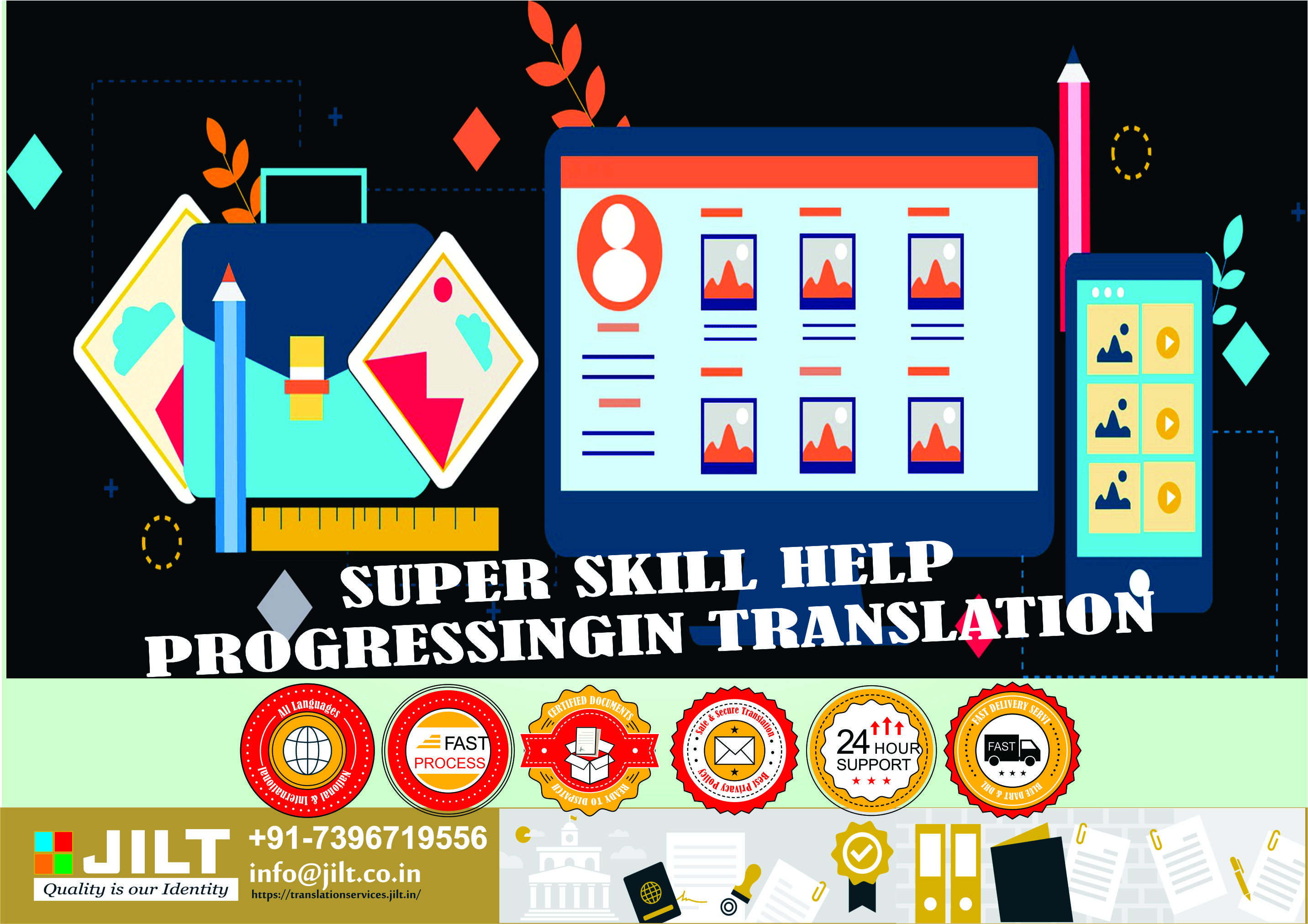
SUPER SKILLS HELP TO PROGRESSING IN TRANSLATION
by Dr. Abu Mazhar Khalid Siddique - November 07, 2022
Super Skills Help to Progressing in Translation
There are several critical skills required to produce high-quality translations, and I put forward a selection of what I believe to be the most important of them, alongside suggested methods of developing each one.
1. Linguistic magic in your source language:
It's significant to be able to understand the meaning of the text you're working on, and without this level of competence, there is no Translation. It is not a good idea to assume that a translator is just a walking dictionary or that they pick one-to-one equivalents between languages.
- To develop both linguistic and cultural knowledge, combine language courses with time in the country, interaction with native speakers.
- The primary focus of a translator is reading skills in the source language. You can read anything in your source language.
2. Subject knowledge of superhuman:
As I said above, a good translator needs more than just a good command of a language and culture. Part of the reason is that translators usually work in very specific subject areas that require a lot of knowledge.
It is significant for translators are familiar with the workings of their specific areas of expertise. Specific linguistic and cultural knowledge is required for contracts, patents, or medical journal entries.
- Read things that you can relate to in your specialty area to keep up with new developments.
- Find activities you enjoy and use research to make them even better.
3. Skills for research and problem-solving:
Even if you work hard, there will always be words, phrases, or concepts that you don't know, and this is another key ability of Translation. The most important thing about a translator is how quickly and easily they can find the answers to questions they don't know.
- Know which resources lead to the best results.
- Don't be afraid to try new things in your research.
4. Close reading and analysis skills:
A translator must be able to understand the explicit meaning of a word or phrase and also appreciate its many possible functions in a specific context. Repetition, alliteration, register, and sentence length are just some of the things that can be used to make a text powerful, and part of the translator's job is to recreate them.
- Think beyond the text on the page.
- Explore texts and analyses of texts to understand how language influences us and how we can use it to our advantage.
5. Computer skills and formatting:
To become an expert in using whatever programs clients want, a translator needs to be able to efficiently develop the knowledge they don't have.
The only thing more annoying than an elusive indent appearing in your document is having to spend an eternity searching for a solution.
- Don't be afraid to try new things and figure out a program's shortcut and quirks.
- Take a course in a program's usage.
6. Superb writing skills:
The ability to write effectively is one of the most important skills a person can have. The success or failure of your work depends on your writing ability, as the Translation process takes the form of a text written in your native tongue.
The most essential thing when translating is making sure the result is fit for the purpose and looks like the original target language document, no matter how you feel about it. The translator should try to make the source and target texts similar. Clients or end users won't be able to compare the two texts, so the translator should make a Translation that stands on its own.
- Learn target language conventions for producing specific texts.
- Take the time to read style guides from various sources.
- Practice writing! Write for sites focusing on your specialist areas, or write a blog and employ different writing styles of your own choosing.
- Get feedback on your writing.
7. Enhanced vision has been implemented:
The reason that most translators also offer editing or proofreading services is that it's a natural step. Editing and proofreading your work is important for the Translation process.
It's hard to find errors in your work because you're so close to it. You read what you meant to write, and your knowledge of the source text's subtleties gives you a special reading position that your target audience won't have. The main thing to work on is getting away from the text enough to get an objective, unbiased view of whether it's good enough.
- Try a variety of methods to see what works for you.
- To correct your work, get a colleague to do it for you.
We, the JILT Pvt. Ltd. has a team of highly qualified translators who will quickly and accurately translate and get attested, if required, for all languages, like English, Urdu, Arabic, Spanish, German, Persian, French, Japanese, Italian, Korean, Russian and all Indians, local and state Languages. Our professional proofreaders will make sure that the Translation is perfect and that the document is appropriately formatted. We also extend our services to customers by sending them finalized documents by courier services to their addresses.
- Also Read :- The Importance of Translators and Interpreters in Today\'s Globalized World
- Also Read :- Statutory declaration translations (JILT - Certified Translation Services)
- Also Read :- Employment reference translations (JILT - Certified Translation Services)
- Also Read :- Application & Procedure To get -International Driving License In India
- Also Read :- FINANCIAL TRANSLATIONS ARE BECOMING MORE AND MORE NECESSARY
- Also Read :- What is Legal Document Translation, Meaning, and Importance?
- Also Read :- INTERNATIONAL TRANSLATION DAY: BRIDGING CULTURES AND CONNECTING THE WORLD
- Also Read :- ENSURING LEGITIMACY OF BIRTH CERTIFICATE TRANSLATION FROM ENGLISH TO GERMAN
- Also Read :- APOSTLE ATTESTATION CERTIFICATE TRANSLATION FROM ENGLISH TO GERMAN
- Also Read :- THE IMPORTANCE AND REQUIREMENT OF GERMAN RESIDENCE PERMIT TRANSLATION AND ATTESTATION
Search
Categories
Archives by Month
Popular Blog
QUICK TRANSLATION QUOTE
Need help with a translation?
Get in touch with us
Whether you have a specific project you want to discuss, need a translation quote or simply want to discuss your requirements, do not hesitate to get in touch with us.
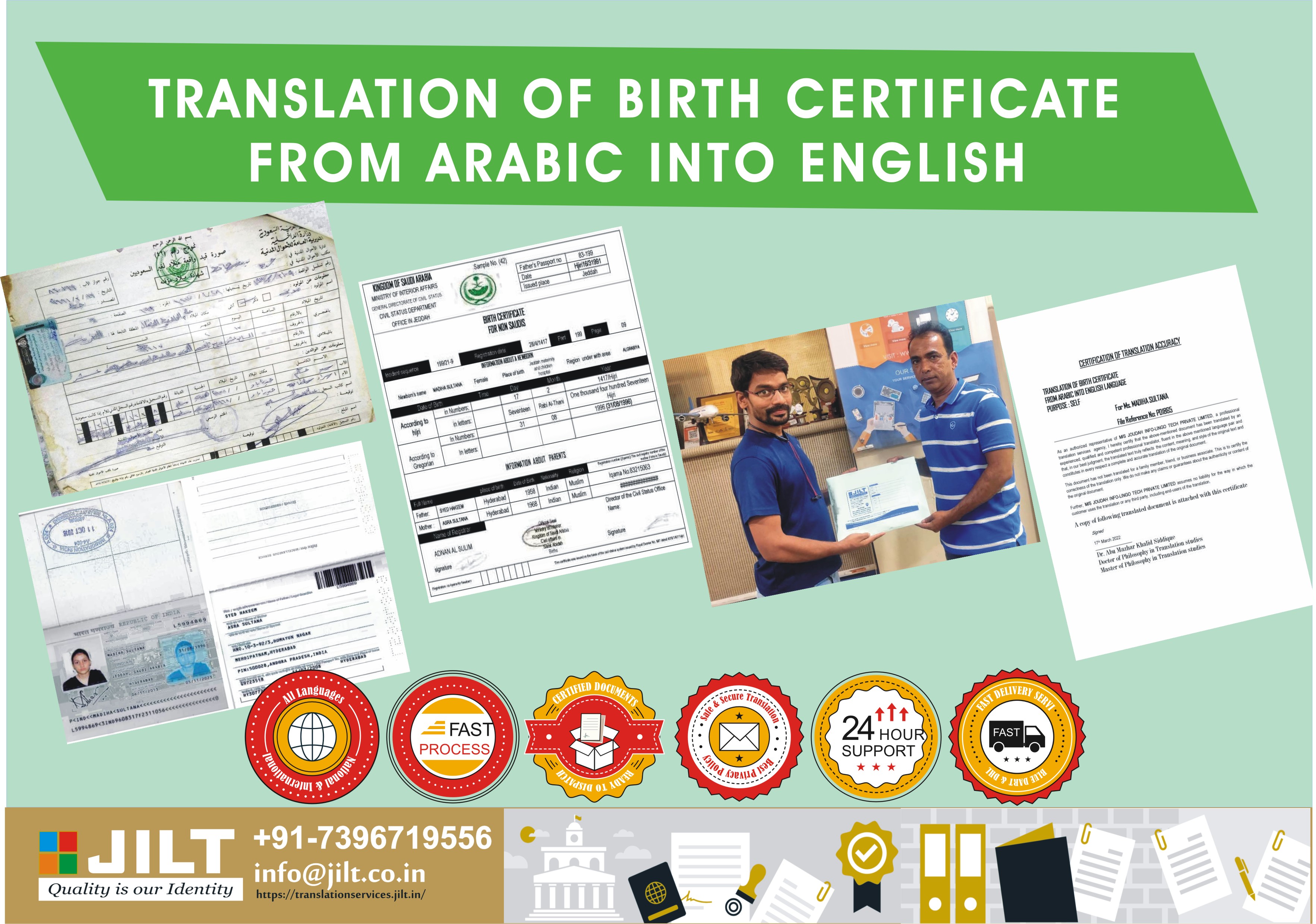
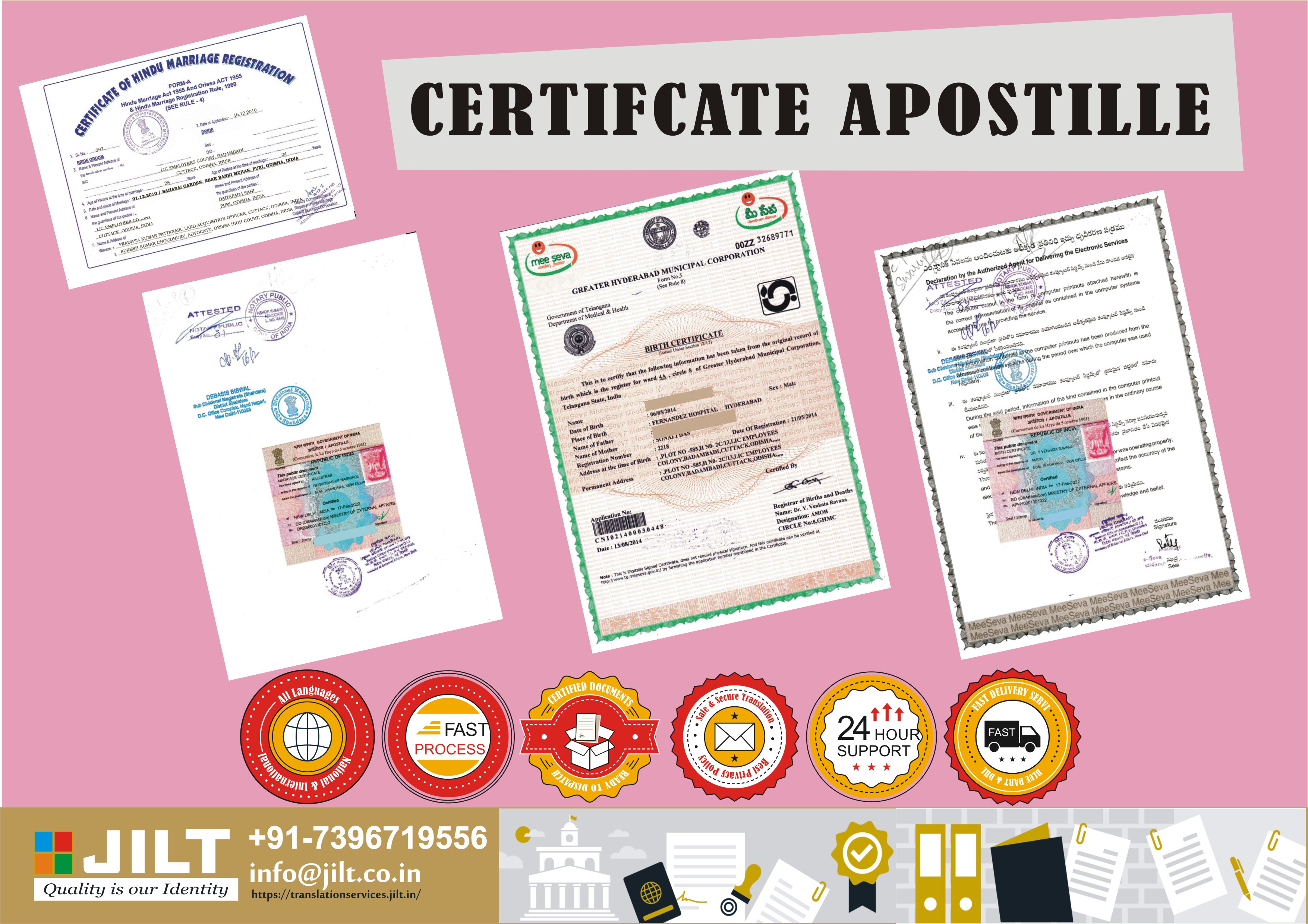
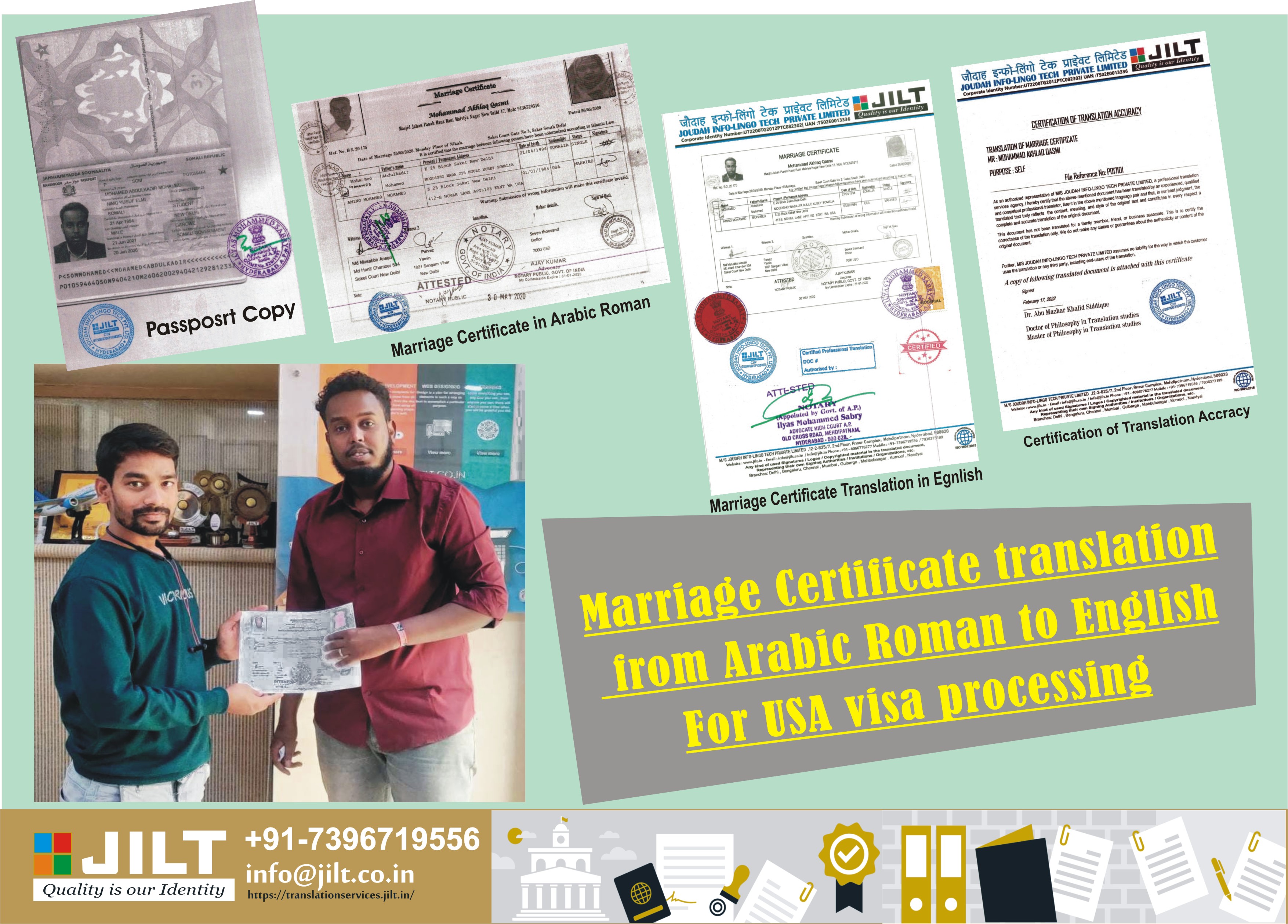
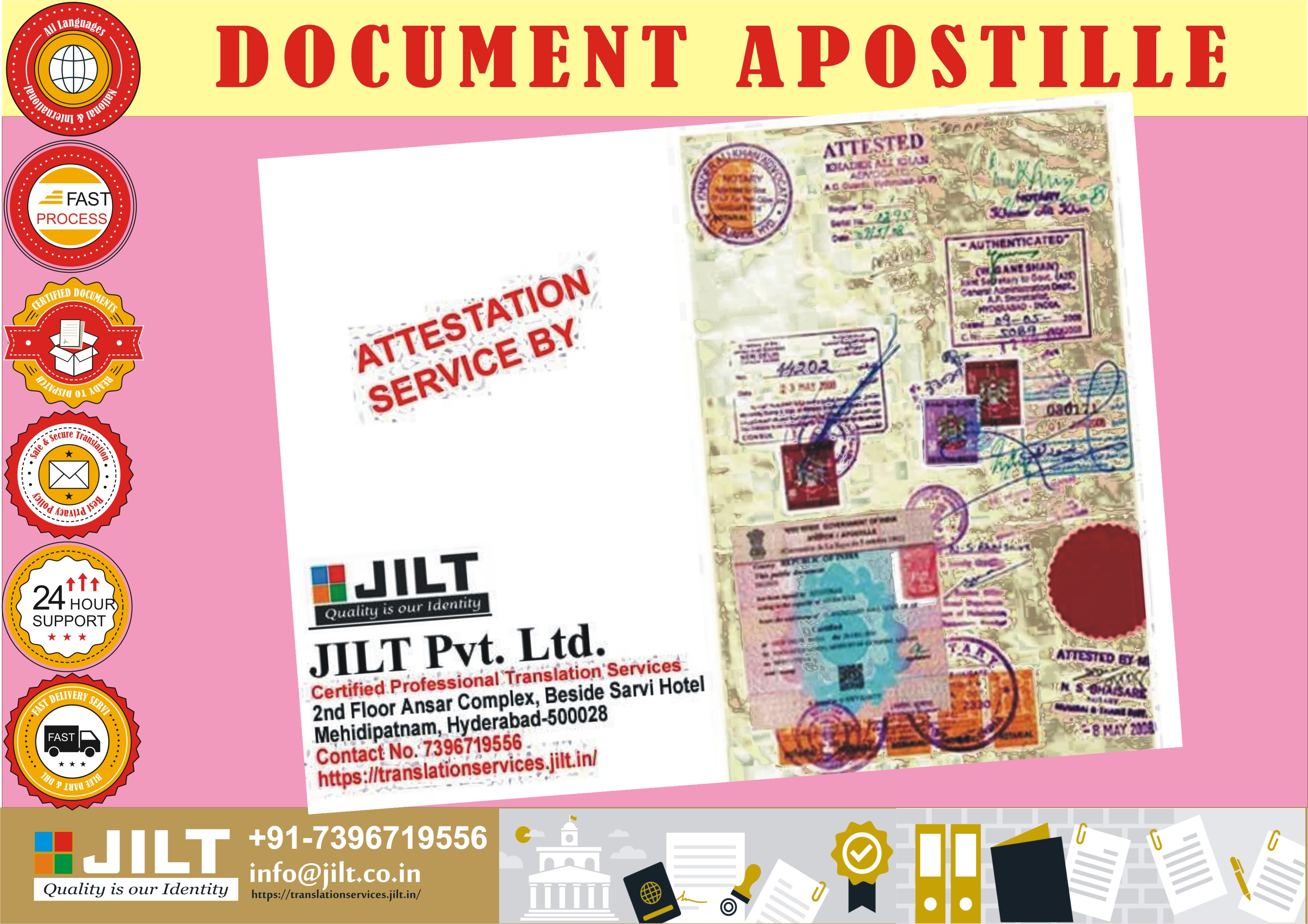
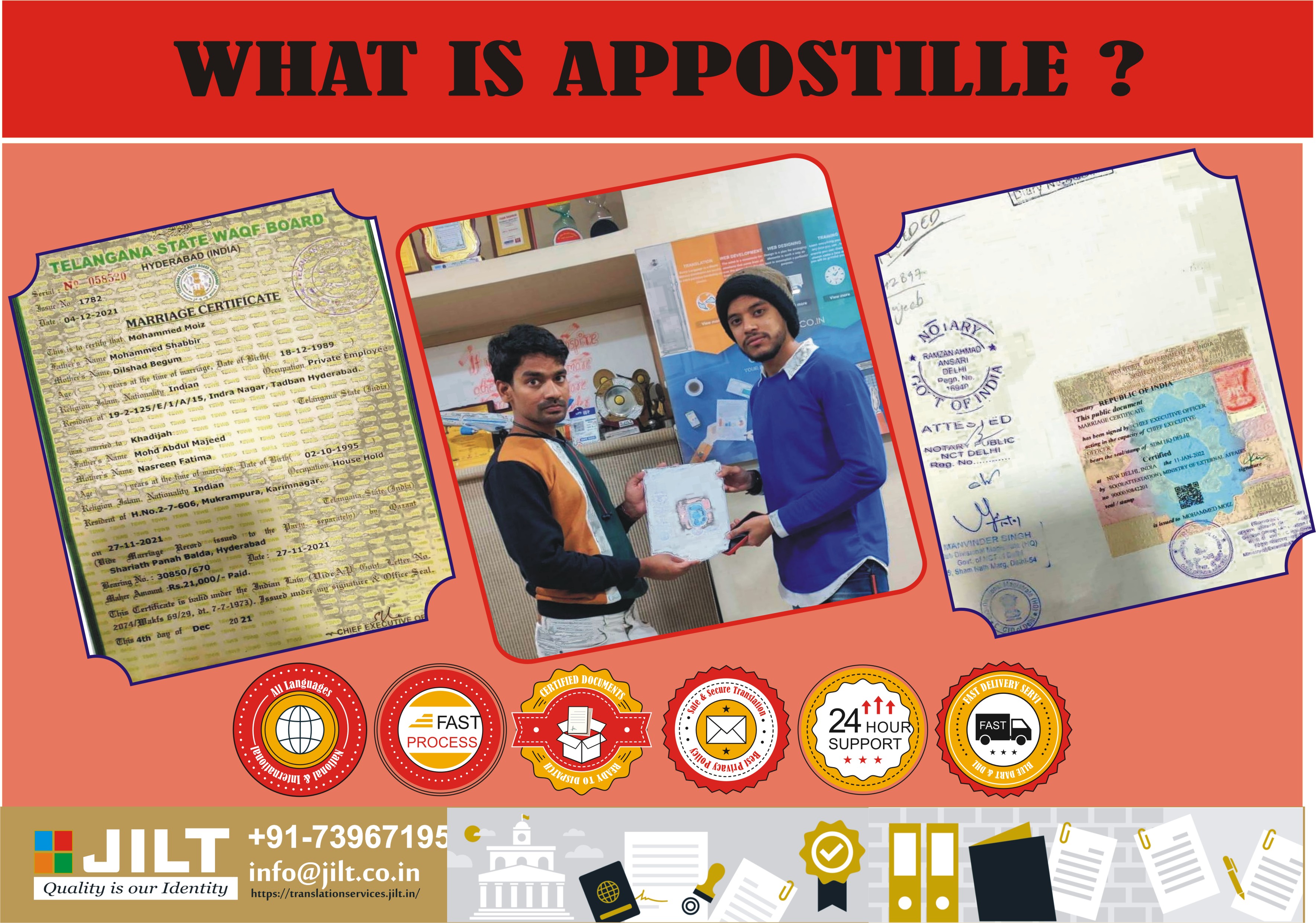
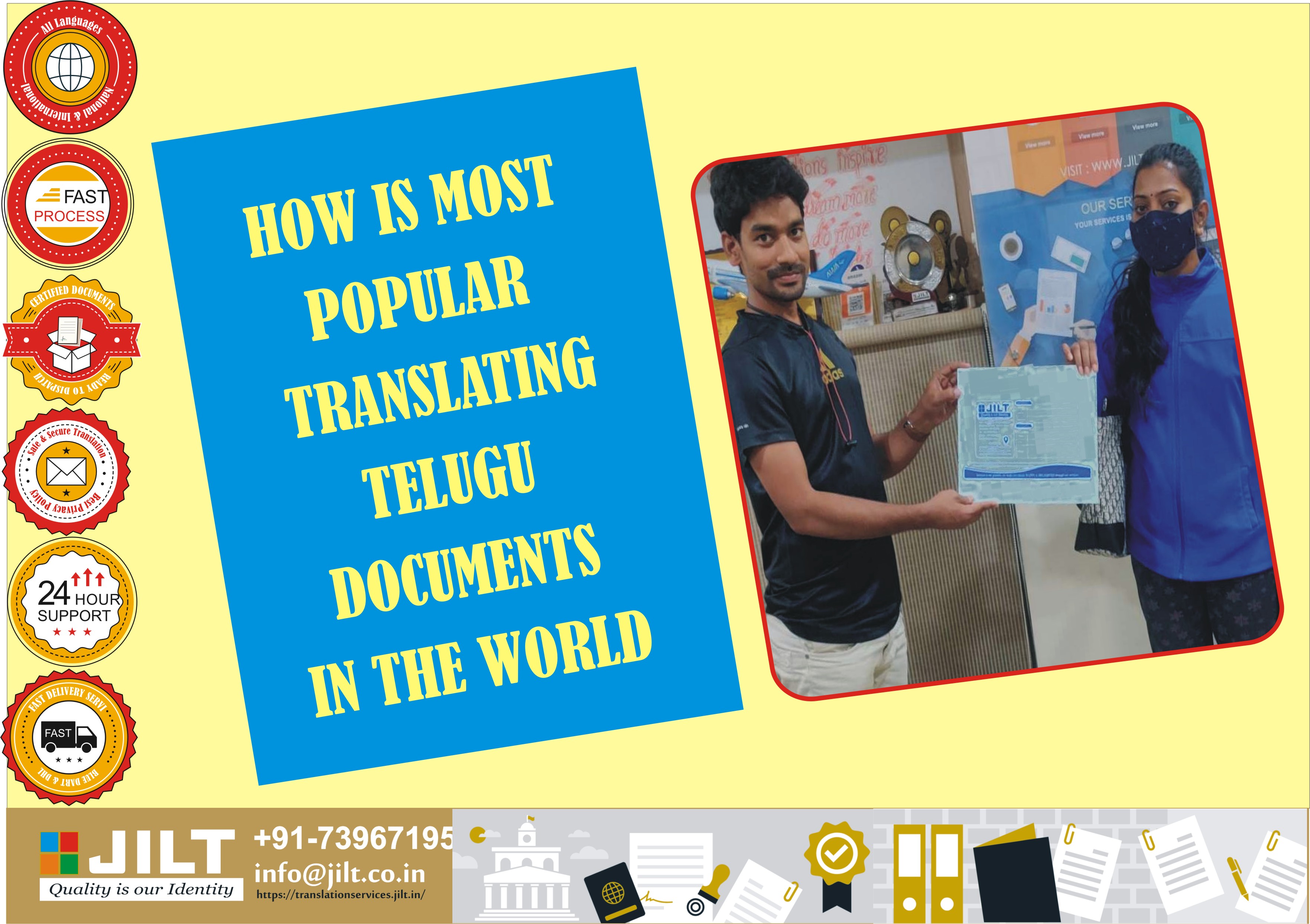





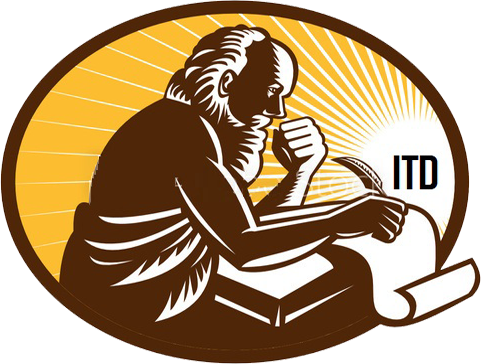





Social Networks